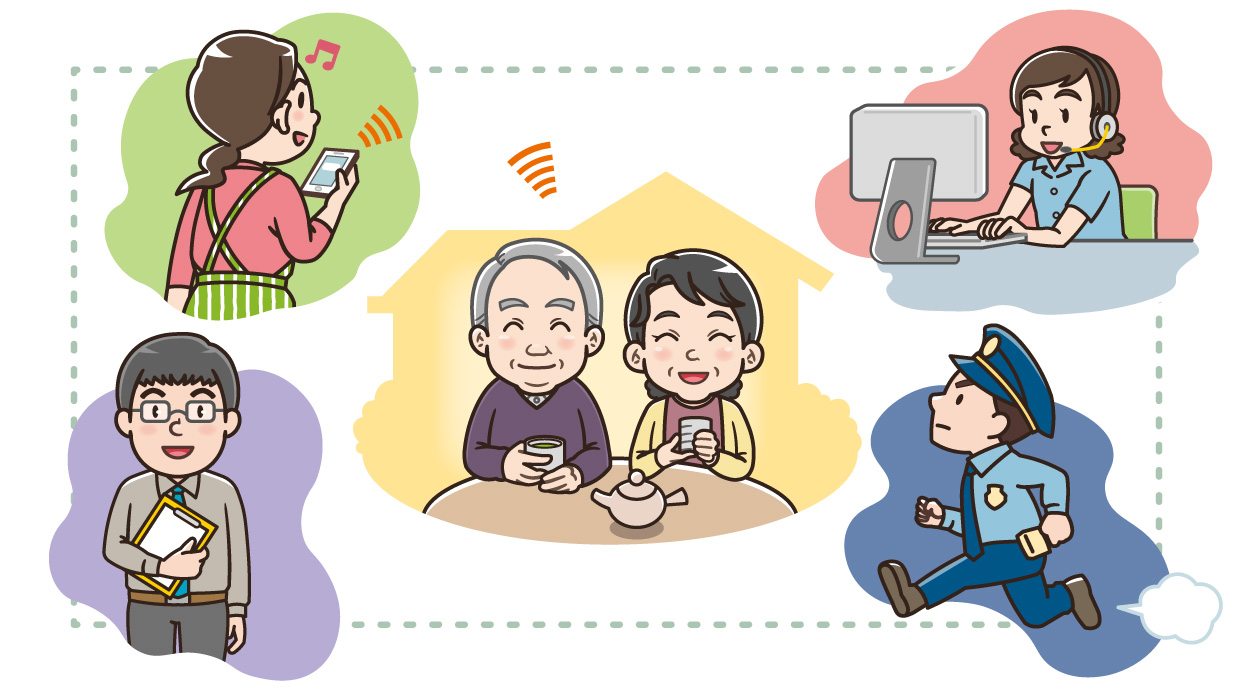
Jul
Mimamori (見守り): Watching over the Elderly

With a rapidly aging population in Japan, tech companies are forced to increase innovation in order to help in any way they can. One device that’s been developed is a tracking system for elderly people designed to help families and nursing homes locate family members or residents who lose their way or go missing.
According to the Japan Times a record 16,927 dementia patients went missing in 2019, up 1,064 from the previous year and nearly doubling since police began collecting such data in 2012. A total of 508 missing dementia patients died in accidents or due to other reasons, the data showed. The primary cause of dementia-related wandering is “the desire to return to the home where the patients were born.”
While prevention of ‘dementia wandering’ is still an issue teh trackign devices are designed to quickly locate the patient and recturn to them to their family of aged-care facility. Once such product is a thumb-sized portable device, developed by ALSOK, which uses Bluetooth technology and works with the help of a smartphone app and can easily be placed in a pocket, wallet or even attached to an article of clothing, like a shoe. This design is better received that the fist-sized GPS trackers parents sometimes force on their children.
How it works is if an elderly person carrying the device passes by a volunteer who has the free app downloaded on their smartphone, their location is pinged and the data is sent and stored on ALSOK’s computer servers. There are also tabletop versions that can be installed in local businesses, which will also pick up the signal and log it onto the servers. Family members or staff members of nursing homes can then log into the app and check the stored data to locate the missing person or, at the least, find out in which direction they are headed. Naturally, the more people who have the app downloaded on their phones or stores that have the tabletop detectors installed, the easier and quicker it will be to pinpoint someone’s location.
A number of companies, including Yamato Transport Co. and Seven-Eleven Japan, as well as post offices, NPOs and co-op supermarkets across the country have agreed to not only install the tabletop detectors in their places of business, but also ask that their employees download the app directly onto their smartphones.
Companies around the country are anticipating strong demand for such devices and have begun further development as well as trial testing in local communities in hopes of making those communities more livable for the elderly. These cities are also seeking volunteers to strengthen the effective of such devices. With the collective effort of tech companies, local businesses and volunteers from around the community, Japan can meet its aging population head on and keep them safe from harm.



Sorry, the comment form is closed at this time.